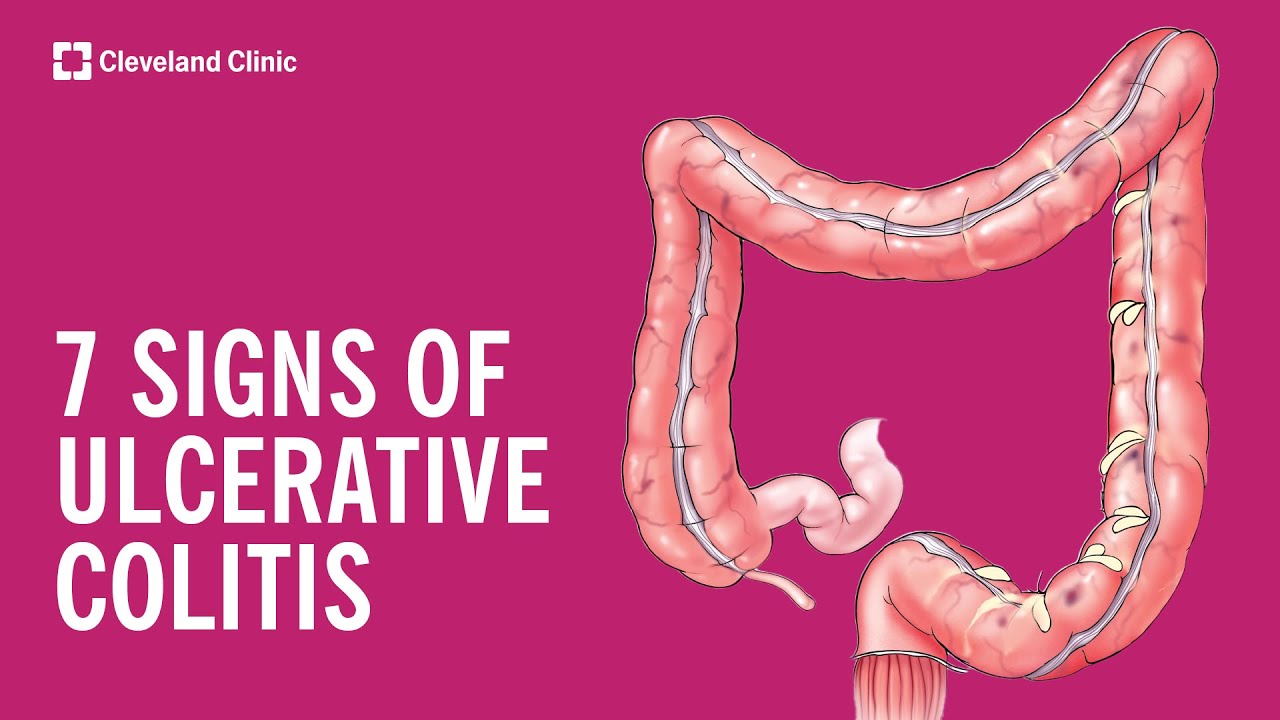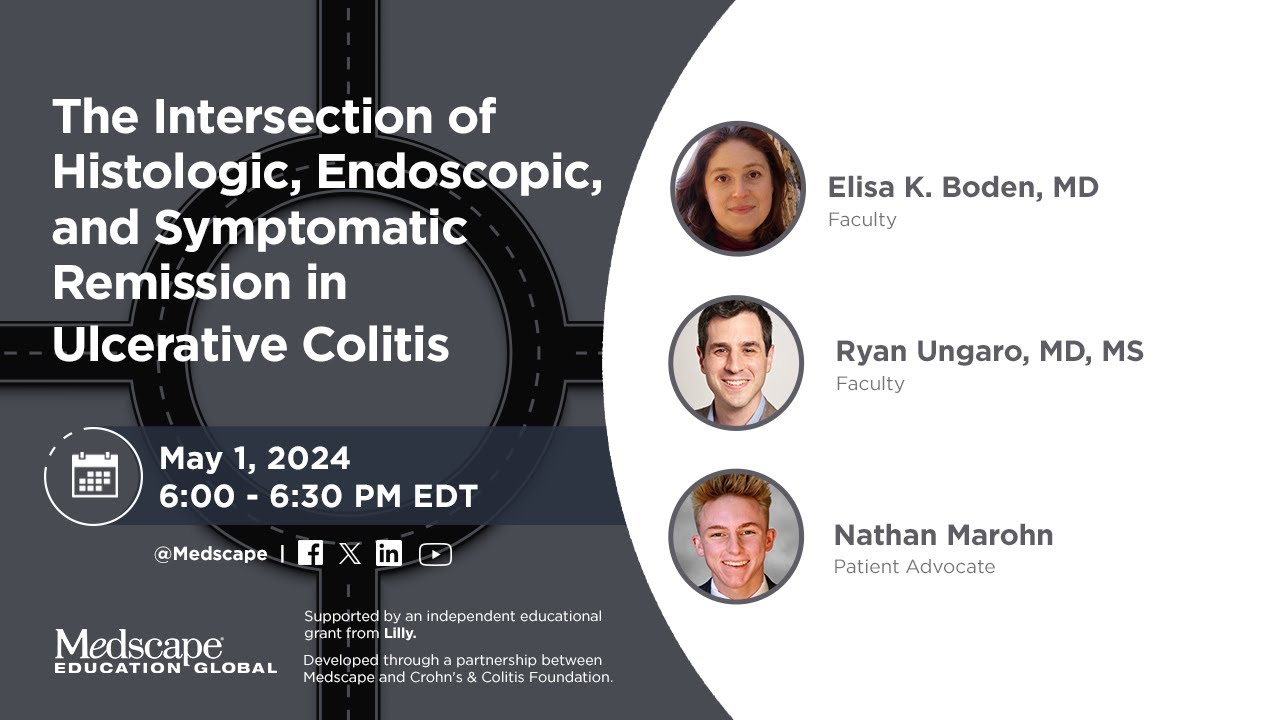Very low 5-year cancer risk seen after negative screening colonoscopy
Reuters Health • The Doctor's Channel Daily Newscast
In fact, in the new study, no patients with an initial negative screen had cancer at follow-up. The results also indicate that it is unlikely that advanced adenoma will appear after a negative screen, although men are at greater risk for this than women.
“Our findings support a rescreening interval of 5 years or longer after a normal colonoscopic examination,” Dr. Thomas F. Imperiale and colleagues conclude.
According to the report, the optimal screening interval with colonoscopy is unclear. The US Multisociety Task Force on Colorectal Cancer and the American Cancer Society recommend that it be performed every 10 years, whereas the US Preventive Services Task Force only recommends that it be done, not specifying the interval.
With this uncertainty in mind, Dr. Imperiale, from Indiana University Medical Cancer in Indianapolis, and colleagues examined the occurrence of adenomas and cancer in 1256 adults who were reevaluated with colonoscopy 5 years after an initial negative exam.
The average patient age was 56.7 years and 56.7% of subjects were men. The mean interval from initial to follow-up colonoscopy was 5.34 years.
None of the patients had colorectal cancer on follow-up colonoscopy, the report indicates. Although 201 patients were found to have at least one adenoma, just 16 (1.3%) had an advanced adenoma. In about half of these cases, the lesion was distal to the splenic flexure.
Hyperplastic polyps at baseline did not significantly affect the risk of advanced adenoma on follow-up colonoscopy. Men were 1.88-times more likely than women to have any adenoma on follow-up, and 3.31-times more likely to have advanced adenoma.
The findings suggest that with a negative screening result, follow-up colonoscopy does not need to be performed any sooner than 5 years after the initial exam, the authors state. “However,” they add, “the follow-up interval for this study was only 5 years; we did not assess the appropriateness of the recommended 10-year rescreening interval for colonoscopy.”
Reference:
N Engl J Med 2008;359:1218-1224.







